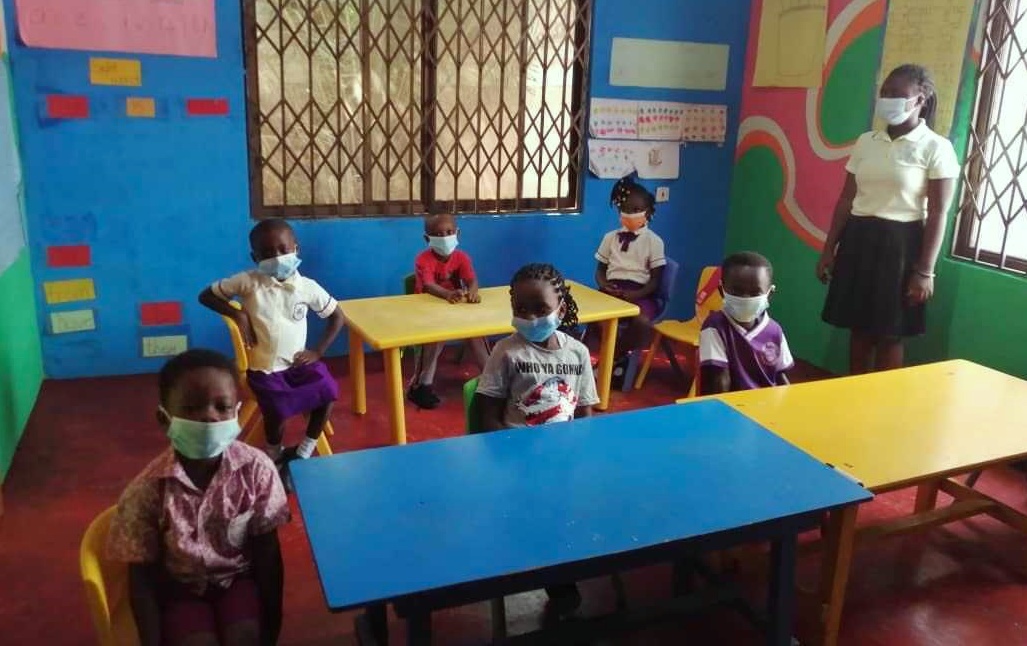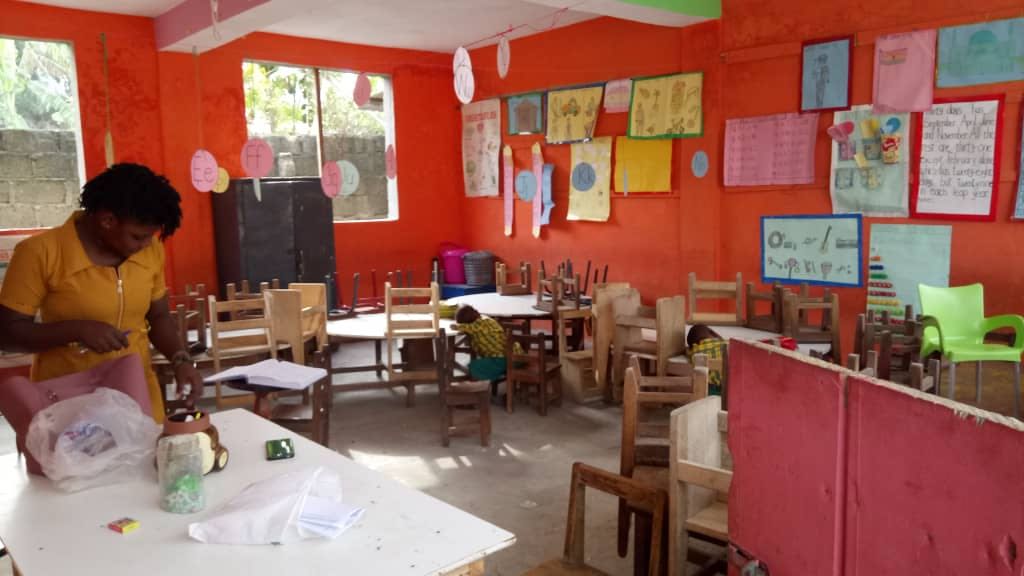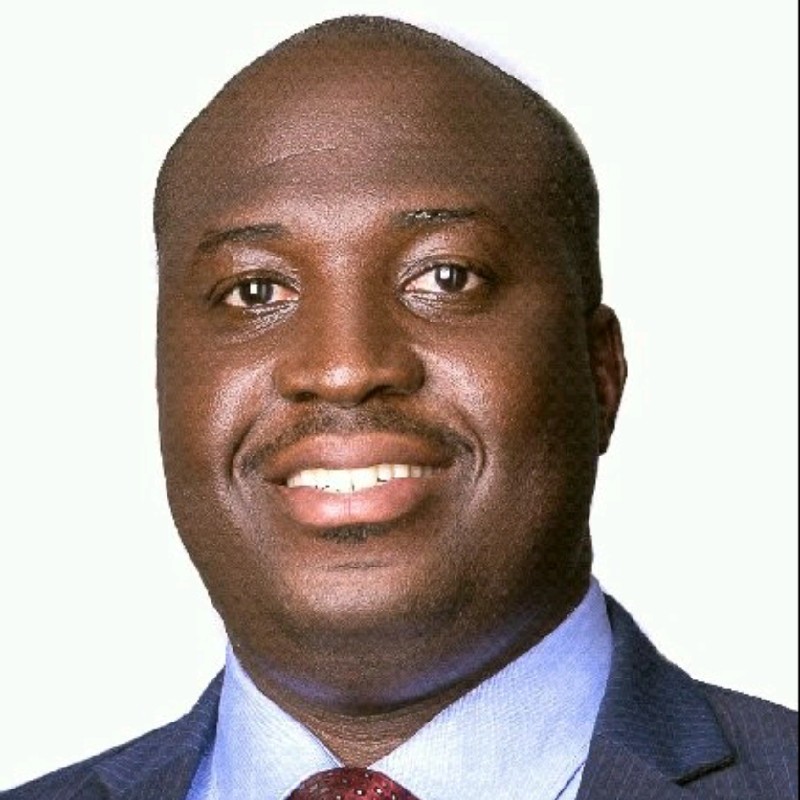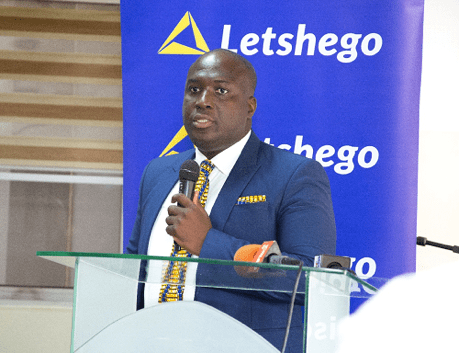"We have only scratched the surface of potential" - Letshego Ghana & EduFinance

Arnold Parker has been CEO of Letshego Bank in Ghana for the past seven years. We spoke to him about his experiences with education finance, what he hopes for children in Ghana, and why Letshego is focused on investing in education.
What is different about Letshego from the other places you’ve worked?
Now that I am the CEO, I get to make big decisions. The major difference has been working in an environment that allows me to innovate and make decisions that actually have an impact on the lives of people. It is not always about profit or about the ‘bottom line’, but about questioning whether we are making the maximum impact with our decisions. That has been the differentiating factor.
Why is Letshego Ghana interested in lending to school owners, teachers and parents?
I think it is for the same reason - it is about impact. I read a couple of publications where I realized that private schools were unable to attract funding, and this has been a major problem. I read an article about the World Bank advancing some funds to one of the banks in Ghana for loans to schools and the bank never advanced those funds because, from their point of view, there wasn’t enough collateral to compensate for the risk that it would take. That got me quite intrigued about this sector. You would think with education being as important as it is, it would attract the funding that it requires.

We had a risk appetite for education at Letshego and started to launch our own educational products. We had a big launch and it was very well attended. Since then, we’ve begun to build a portfolio. I’m sure, had it not been for Covid-19, our portfolio would be much bigger by now.
You would think with education being as important as it is, it would attract the funding that it requires.
What motivated you to coordinate webinars for your school owners last year, in partnership with the Opportunity EduFinance team?
At the onset of Covid-19, one of the industries that were badly affected was the education sector. Schools were closed down around the country, and while public school teachers continued to receive a salary, private school teachers did not. The children’s parents were not coming in to pay fees, so teachers were not given salaries.
We were not sure what was next, there was so much uncertainty. There were a lot of schools that owed bank loans that they couldn’t pay. And so we thought of the webinar to help schools understand their options and find ways to sustain their livelihood. The desire really was to help schools become more resilient and plan ahead. The turnout for the webinars was great and the feedback was amazing.
We’ve also engaged the EduFinance team around growth of the portfolio, around our different products and more. I just think that a lot more can be done by both partners. Perhaps all that we’ve done now is scratch the surface of the potential that we have together.
.jpeg)
Did Letshego Ghana make any changes to operations due to the pandemic that you are now continuing going forward?
Yes, so obviously one of the things that we changed was working from home. This was a key change that we had to make for the staff that will likely remain. We’ve actually started to disintegrate the head office and have smaller satellite offices across the city where staff can congregate rather than having one central head office where staff would have to commute to.
I think the second change that we made was to allow the schools who are now online to access loans from us this way. So we give them links, they go online, upload all their documents and we could start the loan processes from there - without them having to walk into the branch. So, that’s obviously going to remain, because the online application process allows them to be able to generate applications from across the country and that means that we could have a much higher processing rate and a lot more loans to distribute.
What would be your key advice to other financial institutions at this time considering lending to schools, parents and teachers?
We are not in the business of avoiding risk. As financial institutions, we are in the business of managing risk, so what we really need to do is understand that this is a sector that requires more help than traditional banking does. We can’t just continue in the way of collateral lending; we should be able to look for more innovative ways of financing the sector. And financial institutions also need to understand that it goes beyond profit or financial returns.
One way that we demonstrated this was during the lockdown, where we had to process a couple of loans for schools to pay their teachers, when, a month earlier, we had given all the schools a six-month repayment holiday. We still went ahead to advance additional funds to allow these proprietors to pay their teachers. We were sending a signal that it’s not always about being profitable in the sector. We must understand that the impact outweighs the financial returns that we make.
We can’t just continue in the way of collateral lending; we should be able to look for more innovative ways of financing the [education] sector.
What do you hope for the future of education in Ghana?
That is quite deep and almost very personal. A few moments ago, I was driving past a public school and looking at the environment and I just felt sad. What I want to see is that every Ghanian child has a beautiful school to attend, and to be taught by a well-motivated and well-fulfilled teacher. I also want them to be taught about the essentials of life that will allow them to become fulfilled individuals. That is really what I want for the education sector in Ghana.
Is there anything else that you would like to share about your experience with Letshego and education in Ghana?
It has been a wonderful journey over these past seven years. One of the key things, as I’ve said earlier, has been the ability to create new products and venture into areas that others have shied away from and let education be an example. Really, what we want to do over the next few years is to build products. I mean post-covid, we want to ensure that these schools will be rejuvenated, have a new lease on life, and bounce back. It’s exciting days for us as Letshego.
We’ve also done a lot of work with digitizing our channels. This will make it much easier, for instance, for schools to do work with us without having to look for our nearest branch. We’ve also been able to create a couple of platforms that we intend to give to schools for free. One of them will be a fee payment platform that allows schools to manage the term bills from parents and allows parents to pay online from the convenience of their homes. We are also working on a school management system that will enable them to run their schools much more efficiently, which we will also give to schools for free.
These interventions, for us, are just a way of saying that this is a sector that impacts all of us eventually. And so, if we really take care of the education sector, we all stand to benefit in the long run.

Arnold Parker has been the CEO of Letshego Ghana for over seven years, and has worked in finance over two decades.
